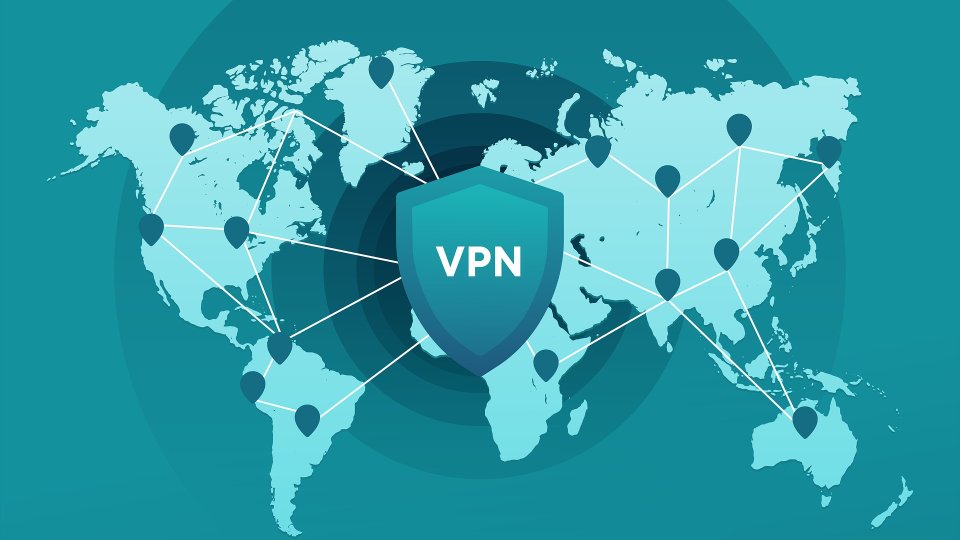Understanding VPNs: Your Guide to Online Privacy and Security

In today's digital age, where online privacy concerns are mounting and cyber threats are becoming increasingly sophisticated, Virtual Private Networks (VPNs) have emerged as an essential tool for protecting our online presence. This comprehensive guide will help you understand what VPNs are, how they work, and why you might need one.
What is a VPN?
A Virtual Private Network is a secure connection that creates an encrypted tunnel between your device and the internet. When you use a VPN, your internet traffic is routed through a remote server, masking your real IP address and encrypting your data. This process makes it significantly harder for third parties to track your online activities or intercept your sensitive information.
How Does a VPN Work?
The functionality of a VPN can be broken down into several key components:
Tunneling: The VPN creates a secure tunnel through which your encrypted data travels.
IP Masking: Your real IP address is hidden and replaced with the VPN server's IP address.
Benefits of Using a VPN
Enhanced Privacy and Security
• Prevention of ISP tracking and data collection
• Security for sensitive online transactions
• Protection against man-in-the-middle attacks
Access to Geo-Restricted Content
• Access websites blocked in certain regions
• Circumvent censorship in restricted areas
Choosing the Right VPN
Security Features
• No-logs policy
• Kill switch functionality
• DNS leak protection
Performance Metrics
• Connection speeds
• Bandwidth limitations
• Number of simultaneous connections
Common VPN Use Cases
Remote Work
With the rise of remote work, VPNs have become crucial for accessing company resources securely from home or while traveling. They ensure that sensitive business data remains protected when employees connect from various locations.
Travel Security
When traveling, particularly in countries with strict internet surveillance or censorship, VPNs provide essential protection and access to important services from home.
Best Practices for VPN Usage
• Use strong passwords for your VPN account
• Connect to the VPN before accessing sensitive information
• Regularly check for DNS leaks
• Choose servers based on your specific needs
The Future of VPNs
As privacy concerns continue to grow and cyber threats evolve, VPNs are likely to become even more sophisticated. We're already seeing developments in:
• AI-powered threat detection
• Enhanced protocol efficiency
• Improved server technologies
Conclusion
In an era where digital privacy is increasingly under threat, VPNs serve as a crucial tool for protecting our online activities. While they're not a complete solution to all privacy and security concerns, they provide an essential layer of protection that's becoming increasingly necessary in our connected world.



